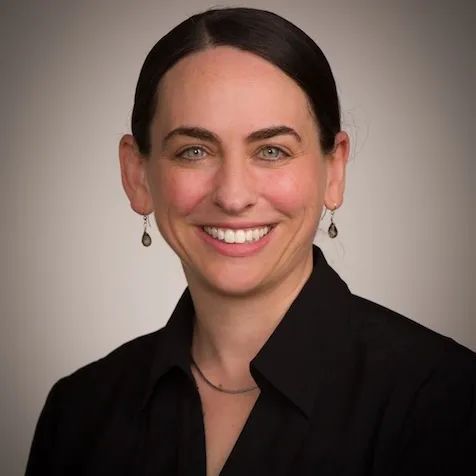
Event Time
October 12, 2022 | Wednesday
8:30 am - 9:30 am Eastern Standard Time (EST)
October 12, 2022 | Wednesday
8:30 pm - 9:30 pm China Standard Time (CST)
Participation Format

Registration is required to obtain a ZOOM Conference access link, which will be sent to your registration email or phone shortly. Please enter the ZOOM room 15 minutes before the starting time. When the room is full, latecomers will not be able to access the ZOOM conference.
Registration
Please click “HERE” to register.
Please send an email to yalecenterbeijing@yale.edu if there are any problems.
Ticket
Free
LANGUAGE
The language of the event will be English.
The Event
More than two dozen galaxies have been discovered in orbit around our own Milky Way galaxy over the past decade. These "ultra-faint" galaxies are less luminous than any other known galaxy, and are several million times fainter than the Milky Way itself. The Milky Way's ultra-faint galaxies have emerged as the most dark matter-dominated galaxies in the known Universe. On October 12, Marla Geha, Professor of Astronomy and of Physics at Yale University, will discuss the most recently discovered ultra-faint galaxies and share first images of these systems from the James Webb Space Telescope.
The Speaker
Marla Geha
Professor of Astronomy and Physics, Yale University
Director, Yale Telescope Resources
Marla Geha is a professor and astrophysicist at Yale University. Her research is focused on understanding how the smallest known galaxies formed, and using these galaxies to understand the nature of dark matter and the underlying cosmology of the Universe. She obtained her B.S. in Applied and Engineering Physics from Cornell University and her PhD in Astrophysics from University of California Santa Cruz. She is on the executive board of the Warrior Scholar Project and runs the Research Experience for Veteran Undergraduates (REVU) summer research program. She has received various honors including an Alfred P. Sloan Research Fellowship, a John S. Guggenheim Fellowship and most recently was awarded the Dylan Hixon '88 Prize for teaching excellence in the natural sciences at Yale.
Public Event
